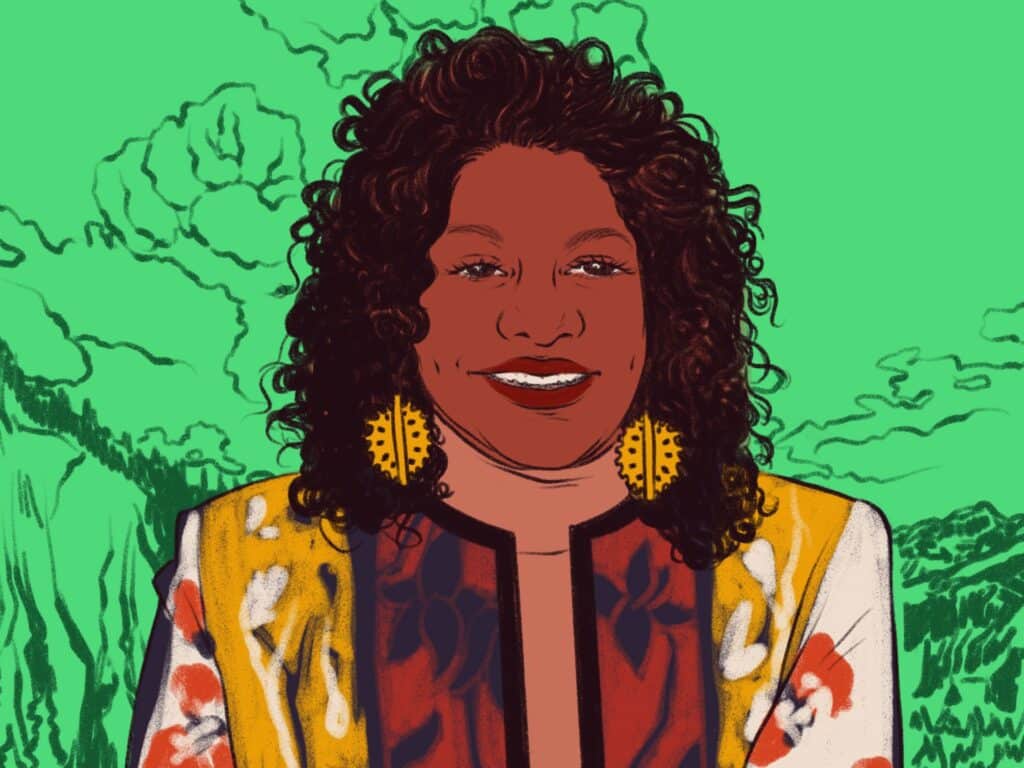To effectively address environmental injustice and racial health disparities, it is essential to empower communities by providing them with the necessary information to amplify their voices. This belief lies at the heart of everything environmental justice pioneer Dr. Beverly Wright does to improve life for people who are disproportionately affected by pollution and environmental degradation.
As founder of the Deep South Center for Environmental Justice (DSCEJ)—the first environmental justice center in the U.S.—and a highly respected environmental justice scholar, activist and civic leader, Wright uses data, research, education and community and student engagement to empower people to advocate for change.
“We’ve taken a holistic approach to healing the community,” says Louisiana-born Wright. “Not only do we build their capacity, but we’ve also built infrastructure, with community organizations across cities, towns and states all working on poor quality-of-life issues, environmental restitution and disaster recovery—things we’re dealing with because of climate change and racism.”
“We’ve taken a holistic approach to healing the community.”
Wright initially learned just how dramatically the environment can hurt people’s health in the 1980s when she met Lois Gibbs, who created the Love Canal Homeowners Association after discovering that her neighborhood in Niagara Falls, New York, sat on a toxic waste dump. “That’s when I was introduced to the whole idea of environmental poisoning,” says Wright.
Then, while working as a sociology professor at the University of New Orleans, she met a fellow pioneer in what became known as the environmental justice movement, Dr. Robert Bullard.
At the time, Bullard and his wife, attorney Linda McKeever Bullard, were investigating and challenging the location of landfills in Houston, Texas. They found that most were in Black or Hispanic communities, exposing those communities to high levels of toxins.
Back in Louisiana, Wright found similar patterns. While Black communities became increasingly surrounded by the chemical plants and refineries of the Mississippi Chemical Corridor, also known as Cancer Alley, white families were being relocated.
This led her to create the DSCEJ in 1992. “I realized there were so many African American and poor communities living in the Mississippi Chemical Corridor who knew something was wrong, but they didn’t have a voice,” she recalls. “They had no information.”
Soon, she found a new way to provide this information. After learning that the Environmental Protection Agency’s regional office in Dallas was developing GIS mapping, she worked with the office to produce the first GIS map of the Mississippi Chemical Corridor by race, income and distance to dangerous facilities.
Today, with federal funding drying up and environmental protection legislation being dismantled, the work of the DSCEJ is even more critical—whether preparing people to testify on behalf of their communities, write letters to their elected officials or speak up at civic meetings.
A longtime supporter of the DSCEJ, Kresge most recently committed $825,000 in grant funding to the organization in 2023.
“When you have community watchdogs, the quality of life for community members is always better,” says Wright. “Rich people have a voice (in America’s systems), but poor people and people of color don’t, so for the past 30 years I’ve been helping those people find that voice.”
“When you have community watchdogs, the quality of life for community members is always better.”
And while setbacks at a federal level are discouraging, the DSCEJ continues to push forward with action on climate justice, most recently in March 2025 at its 10th Anniversary conference, which brought together students from historically black colleges and universities (HBCUs) to discuss climate change challenges and potential solutions.
For Wright, who attended an HBCU, seeing the enthusiasm of the next generation for climate justice is inspiring. “What keeps me going are the successes I’ve seen and what I know this country should be,” she says.



